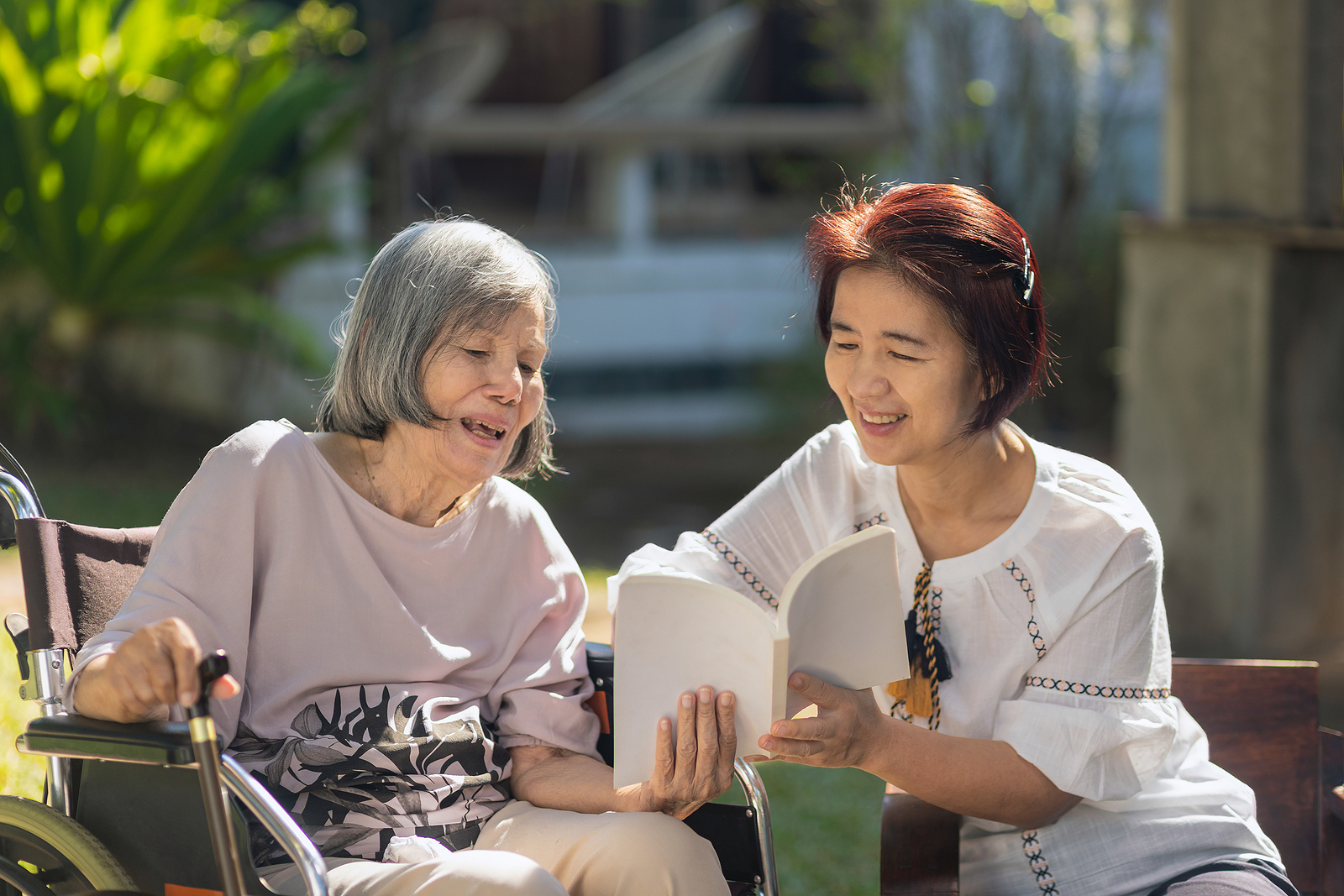Have you found yourself confused when you describe where you are as a caregiver? It can help to break things down according to what stage of caregiving you’re in. The earlier you can enlist help for yourself and your senior, the better for everyone involved. Elder care providers can make every stage of caregiving a lot easier to manage.
You Don’t Consider Yourself a Caregiver Yet
When are you officially a caregiver? Every family caregiver may have a different answer to that question, but the reality is that you’re a caregiver a little while before you may officially realize it. You may be anticipating your senior’s growing needs or you may be helping out a little here and there.
You’re Helping Someone You Love
When you do recognize that you’re helping someone you love a little more often, you might feel reluctant still to call yourself a caregiver. You’re probably helping your senior to get to appointments or running errands for her as needed. The help you’re offering may still feel as if it’s random, though.
You’re Actively Caring for Someone You Love
By the next stage, you’re actively providing care for someone you love on a regular basis. There may be specific tasks you’re helping your senior with on a consistent basis and you may have a lot of feelings about the changes you’re seeing in your elderly family member. Now is a good time to start thinking about bringing in elder care professionals, even if you feel you’ve still got everything under control. Having help now can keep caregiving from feeling overwhelming.
You’ve Been a Caregiver for a While
Eventually, you may find you’re doing more and more for your senior because her needs are also increasing. The caregiving journey can last for many years, and you may want to keep doing as much as you can for your senior. Elder care providers can help you both quite a bit. As your elderly family member’s needs become more challenging, it’s so helpful to know that there are experienced caregivers who can offer assistance.
You’re Nearing the End of Your Caregiving Journey
At some point, your elderly family member’s health may start to worsen significantly, or she may be nearing the end of a battle with a progressive illness. Dealing with anticipatory grief and managing your senior’s increasing needs can be a lot to handle. This is when you may want to consider hospice care.
You’re No Longer a Caregiver
Finally, your elderly family member passes away and you may suddenly realize that while you’re technically not a caregiver any longer, you don’t automatically know how to get back to “normal” right away. That’s part of the grieving process and everyone handles it in a different way. Falling back on some of what you’ve learned and the resources you’ve collected during your time as a caregiver can help so much.
Having a support system as a caregiver is so important. Being able to rely on home care providers is just one way that you can ensure you’re getting the assistance that you need along the way.

